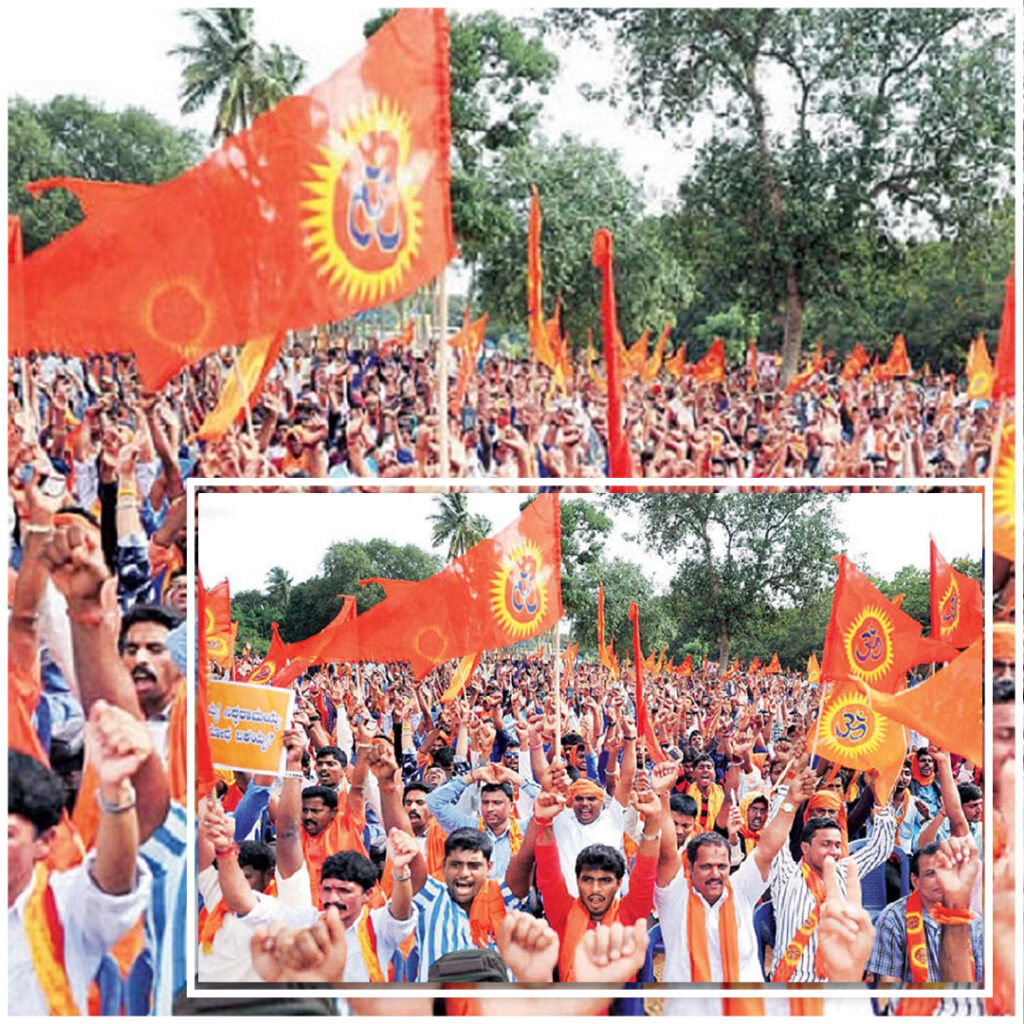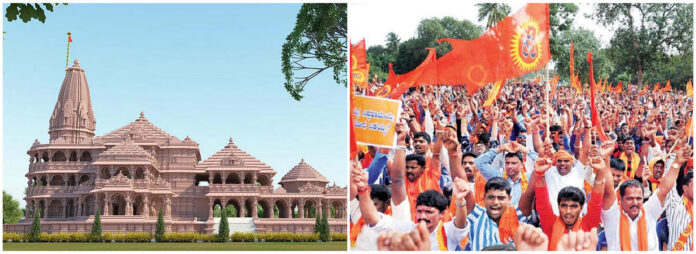The Vishwa Hindu Parishad (VHP), a prominent Hindu nationalist organization, has recently made headlines by organizing a series of events in 55 countries to commemorate the consecration day of the Ram Temple in Ayodhya, India. This significant development underscores the global reach and influence of the VHP, as well as the emotional and cultural significance attached to the construction and consecration of the Ram Temple. This article explores the details of the events organized by the VHP, the symbolic importance of the Ram Temple, and the broader implications of this global celebration.
Background:
The Ram Temple in Ayodhya has been a focal point of Hindu-Muslim tensions in India for decades. The dispute over the site, believed to be the birthplace of Lord Ram, resulted in a lengthy legal battle that was finally settled by the Indian Supreme Court in 2019, allowing for the construction of the Ram Temple. The consecration day, also known as the “Bhoomi Pujan,” marked the formal beginning of the temple construction.

Global Commemoration:
The VHP’s decision to organize events in 55 countries signifies a concerted effort to involve the global Hindu diaspora in the celebration of this historic event. The events were not limited to traditional rituals but included cultural programs, lectures, and exhibitions aimed at showcasing the rich cultural heritage and religious significance associated with the Ram Temple.
Cultural Diplomacy:
The global commemoration organized by the VHP can be seen as a form of cultural diplomacy, aiming to promote understanding and appreciation of Hindu culture and spirituality. By involving the Indian diaspora and enthusiasts from diverse cultural backgrounds, the VHP seeks to build bridges of cultural exchange and foster a positive image of Hinduism on the global stage.
Symbolic Importance of the Ram Temple:
The Ram Temple holds immense symbolic significance for millions of Hindus worldwide. It represents the realization of a long-cherished dream and the restoration of a sacred site that holds deep religious and historical importance. The temple’s construction is viewed by many as a cultural renaissance and a reaffirmation of India’s Hindu identity.
Unity and Identity:
The VHP’s initiative to organize events globally not only celebrates the consecration of the Ram Temple but also serves as a rallying point for Hindus worldwide. It fosters a sense of unity and shared identity among the global Hindu community, transcending geographical boundaries. The events provide a platform for Hindus from various cultural backgrounds to come together and celebrate their shared heritage.
Challenges and Controversies:
While the VHP’s global commemoration has garnered support from many quarters, it has not been without its share of challenges and controversies. Critics argue that the events may exacerbate existing religious tensions, especially in countries with diverse religious demographics. Additionally, concerns have been raised about the politicization of religious events and their potential impact on secularism.
Conclusion:
The Vishwa Hindu Parishad’s organization of events in 55 countries to mark the consecration day of the Ram Temple reflects the organization’s global influence and the profound significance attached to the temple in Hindu culture. This initiative goes beyond religious celebrations, serving as a platform for cultural diplomacy and fostering a sense of unity among Hindus worldwide. As the global Hindu diaspora comes together to commemorate this historic event, the broader implications on interfaith relations, cultural exchange, and the perception of Hinduism on the global stage will undoubtedly continue to unfold in the coming months and years.






















